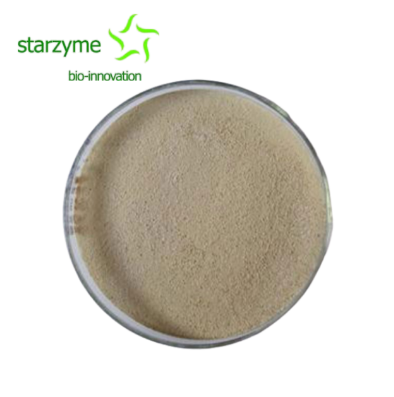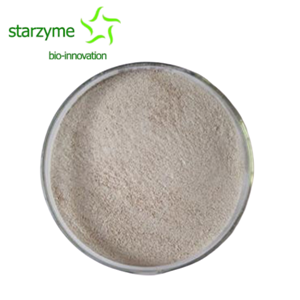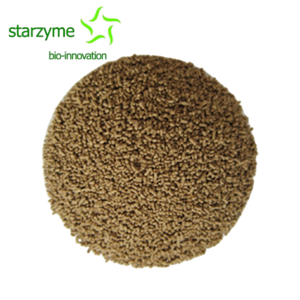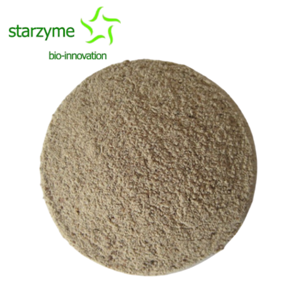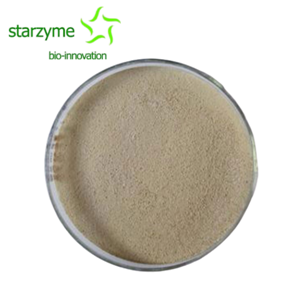Bacillus coagulans' Effect on Body's Antioxidant Capacity and Application in Pig Farming
Improving the Body's Antioxidant Capacity With Bacillus coagulans
Oxidative stress refers to the phenomenon of lipid, protein, and DNA damage caused by excessive reactive oxygen species (oxygen free radicals) within cells. Research has found that Bacillus coagulans can regulate the NRF2-Keap1 signaling pathway by increasing myeloperoxidase activity, inhibiting superoxide anion radicals, and reducing malondialdehyde (MDA) content. In addition, Bacillus coagulans can not only adsorb heavy metal ions, but also repair intestinal damage caused by weaning stress and maintain intestinal structural integrity. Therefore, utilizing the antioxidant properties of this bacterium can prevent heavy metal poisoning.
Application in Pig Farming
In order to promote intestinal health and enhance immunity in piglets, different types of probiotic preparations are usually added to the feed, including lactobacillus preparations, spore preparations, and complex bacterial preparations. They mainly maintain intestinal microbiota homeostasis and improve the body's immunity. Weaned piglets in early farming suffer from stress syndromes such as reduced feed intake, dehydration, diarrhea, weakened immunity, growth retardation, and even cessation due to factors such as feeding, environment, weaning, and incomplete intestinal development. In severe cases, this can lead to piglet death and cause significant economic losses to the pig farming industry. Bacillus coagulans has a good application effect in the breeding of weaned piglets. Adding Bacillus coagulans to the diet resulted in a decrease in diarrhea index, a significant increase in average daily weight gain, and microbial diversity. Both α - terpineol (α - TPN) and Bacillus coagulans can reduce diarrhea caused by enterotoxigenic Escherichia coli (ETEC) infection, improve intestinal morphology, increase the expression level of Occludin protein, enhance antioxidant capacity, and reduce the levels of tumor necrosis factor alpha (TNF - α) and interleukin beta (IL-1 β) in the blood. It can be inferred that adding Bacillus coagulans to feed can improve the growth performance, immune ability, and antioxidant capacity of weaned piglets, while promoting the diversity of gut microbiota. Previous research has shown that adding Bacillus coagulans and Bacillus subtilis in proportion to feed can significantly promote the growth and development of weaned piglets. Previous research has also shown that adding Bacillus coagulans to feed, whether infected with enterotoxigenic Escherichia coli (ETECK88) or not, can effectively reduce apoptosis and oxidative stress of intestinal epithelial cells, and help regulate the intestinal microbiota. This indicates that the bacterium can be used as both a growth promoting agent and has the potential to prevent intestinal infections in piglets caused by enterotoxigenic Escherichia coli (ETEC). Bacillus coagulans can promote the development of small intestinal epithelial cells in piglets and improve the efficiency of nutrient utilization in feed. The addition of Bacillus coagulans alone can significantly improve the growth performance of piglets in combination with various conventional feeding antibiotics.
In summary, Bacillus coagulans can regulate the structure of gut microbiota, improve the digestion and absorption of nutrients in weaned piglets, reduce piglet diarrhea rates, and improve their growth and development.

